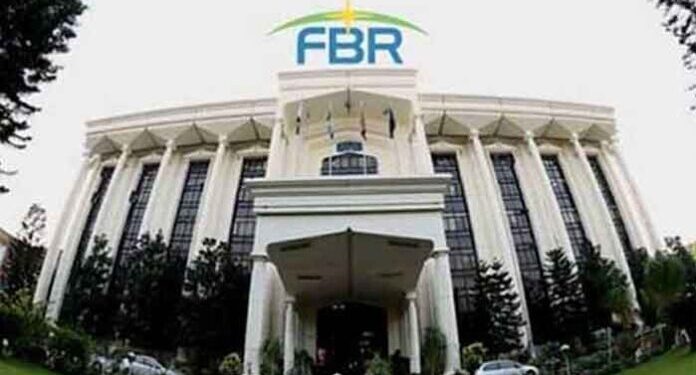ISLAMABAD: The Federal Board of Revenue (FBR) on Wednesday introduced new legislation in the National Assembly to strengthen the enforcement of tax laws and increase compliance among non-filers, marking a significant shift towards a more transparent, fair, and efficient taxation system.
On a crucial day, the Tax Laws (Amendment) Act, 2024 was introduced—paving the way for a series of amendments aimed at improving the nation’s tax structure. The legislation seeks to align tax payments with income and consumption levels, modernize business operations, and enhance economic development.
One of the key amendments affects the Sales Tax Act, 1990. These changes empower tax authorities to employ an automated risk management system, which can limit input tax allowances and set adjustable limits for businesses. This system will help curb potential tax fraud. However, businesses affected by these adjustments can contest them by submitting necessary documents to the authorities for review.
The Act also provides new powers to the Commissioner, enabling the suspension of bank account operations for individuals or entities that fail to register under the law. Affected parties can appeal the decision, but they must act quickly to reverse the order. A similar provision has been introduced for immovable property transfers: the Commissioner now has the authority to block property transactions for individuals not registered under the tax system.
In cases of non-compliance, the Act also introduces severe coercive measures. These include sealing business premises, seizing movable property, or appointing a receiver to manage taxable activities. The measures are designed to deter tax evasion and enforce a stricter compliance regime.
To further ensure effective enforcement, the Act empowers the Board and Commissioner to appoint experts and auditors to assist in audits, investigations, and litigation regarding taxes. This move aims to increase the government’s capacity to handle tax-related cases and effectively combat evasion.
In addition to these provisions, the Income Tax Ordinance, 2001 has been amended to impose restrictions on certain economic transactions for ineligible individuals. Non-compliant individuals will be prohibited from registering motor vehicles, transferring property, or engaging in specific banking transactions. This is a strategic move to discourage illegal financial activities and enforce documentation of income and expenses.
Furthermore, the bill proposes that businesses integrate with the tax authority’s computerized system for real-time reporting, which will enhance transparency and ensure up-to-date tax data. The integration is designed to streamline tax filing and improve the efficiency of tax collection.
The Federal Excise Act, 2005 has also been revised to focus on tracking goods and combating counterfeit goods. By tightening regulations on the sale of goods with counterfeit tax stamps, the government aims to safeguard the economy from fraudulent activities and enhance the effectiveness of excise duties.
Finance Ministry says that the introduction of the Tax Laws (Amendment) Act, 2024 is part of the government’s broader effort to combat tax evasion and ensure that every citizen and business contributes fairly to the national economy.















